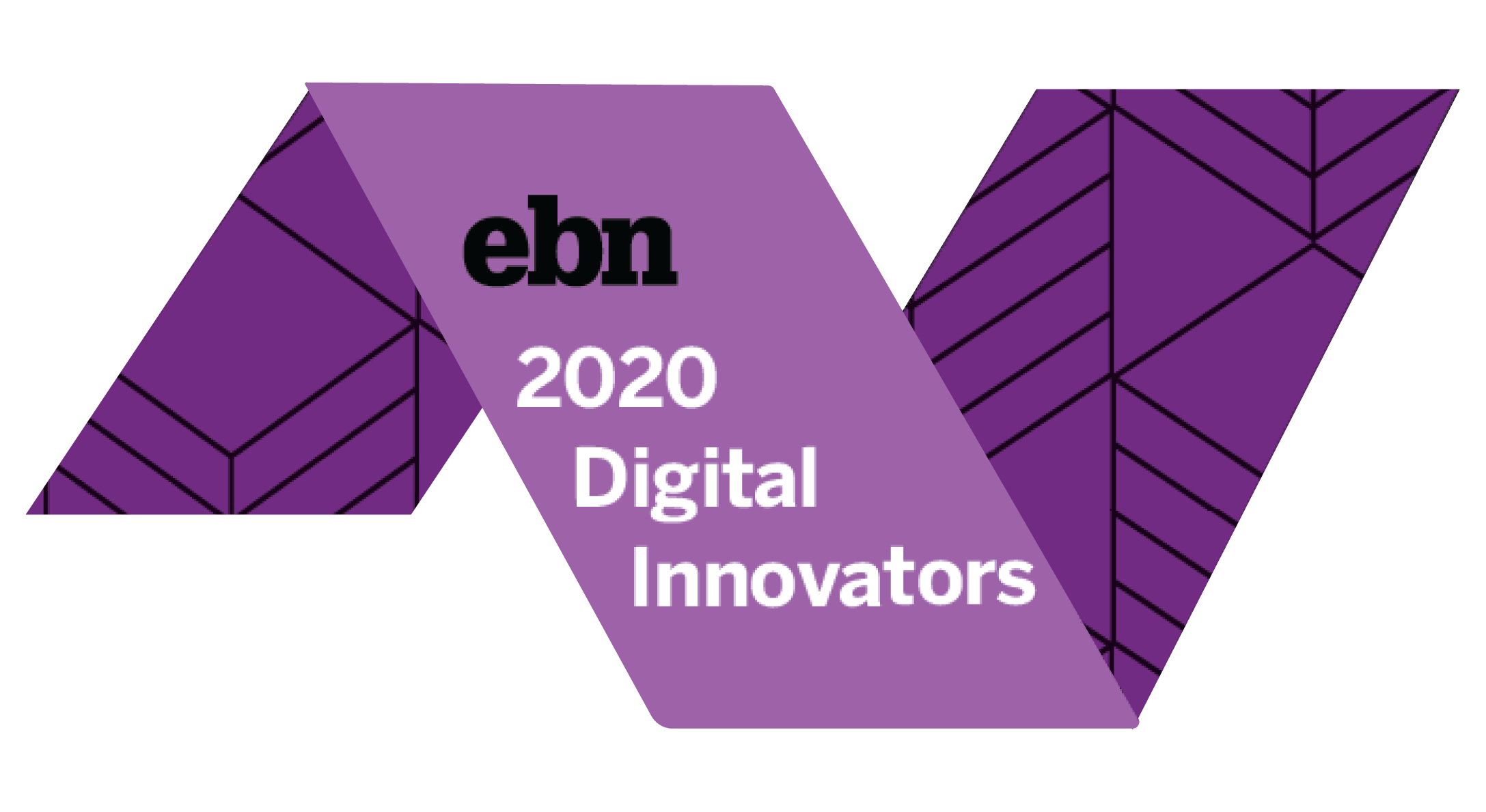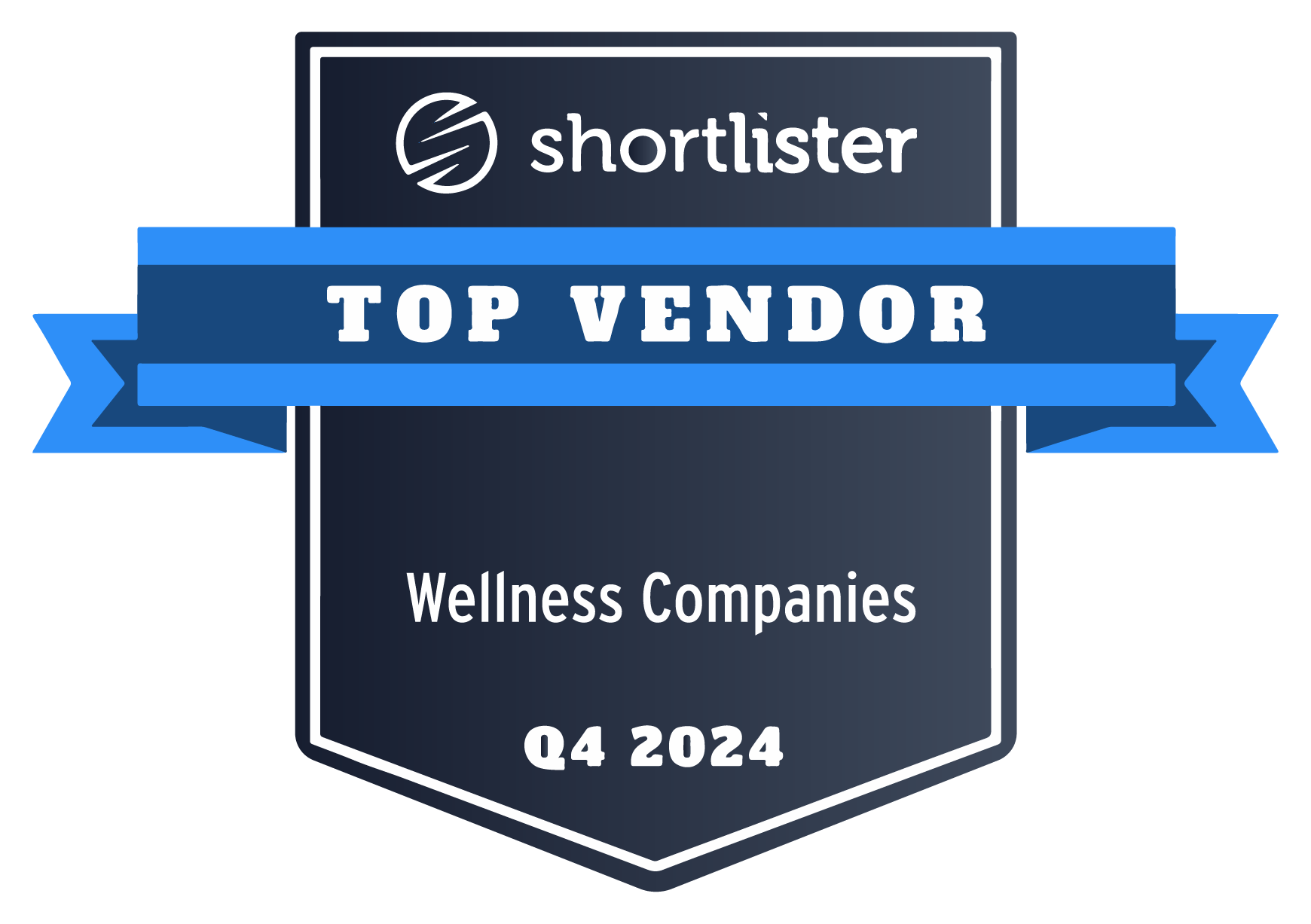Millennials and Gen Z currently make up 76% of the U.S. labor force. This generation is experiencing a unique set of financial challenges – they’re graduating with record levels of student debt, facing high housing costs, and struggling with job security. These obstacles make it increasingly difficult for them to make ends meet, let alone achieve financial stability and plan for their future.
Employers have a crucial role to play in supporting the financial well-being of younger generations. By providing the necessary resources and guidance to navigate these financial challenges, employers can help millennials and Gen Z achieve financial success.
Financial Challenges Faced by Millennials and Gen Z
Student loans
The younger generation is saddled with record levels of student loan debt, making it difficult for them to save for emergencies, buy a home, or start a family. According to the Federal Reserve, Americans owe over $1.7 trillion in student loan debt, with the average student loan debt per borrower at $38,792. Gen Z may end up feeling the financial weight of student loan debt the most when compared to the previous generations. Due to the widespread necessity for a postsecondary degree and the rise in higher education costs, Gen Zers are more likely to hold debt and tend to have higher balances upon graduation.
Rising housing costs
Millennials and Gen Z are also facing higher housing costs compared to previous generations. Many young adults are renting, and for those who are trying to purchase a home, rising interest rates and competitive housing prices are a significant barrier. 32% of GenZers are spending roughly half of their monthly income on rent or mortgage. This leaves less disposable income for other essentials, such as healthcare, debt payoff, and everyday expenses. As a result, many are delaying major life milestones and are also more likely to experience financial stress and instability. Moreover, the rising cost of housing is also contributing to widening wealth inequality, as those who can afford to invest in real estate are able to build wealth and financial security, while those who cannot are left behind.
Job insecurity
In times of economic uncertainty or downturns, employers often look to cut costs by reducing their workforce, and younger less experienced employees may be more prone to being laid off or having their hours reduced. Further, many young adults are working in the gig economy, with no access to benefits, retirement plans or a consistent source of income. This makes it more difficult for them to meet current financial obligations, let alone plan for their future, save for retirement or build a financial safety net.
Lack of financial literacy
Many young adults lack financial literacy skills and the tools necessary to effectively manage their finances. With easy access to credit and the increasing cost of living, many young adults are finding themselves in a cycle of debt, struggling to make ends meet. Additionally, without knowledge of budgeting and saving, young adults may find it particularly challenging to pay for rent, groceries and other everyday expenses.
How Employers Can Help
Employers have a unique opportunity to help their younger employees navigate these financial challenges. Here are some ways companies can support millennials and Gen Z employees on their path to financial wellness:
Financial education
Employers can provide financial education that is designed to help young adults build a strong financial foundation and that focuses on the basics of personal finance, such as budgeting, saving, investing, and managing debt. When considering various educational options, it’s important to meet employees where they are and offer the right tools and resources that support diverse learning needs.
Digital financial planning tools
Digital financial planning solutions can help motivate employees to take action toward meeting their financial goals by providing 24/7 access to a single comprehensive view of their spending, assets, and savings. This real-time information helps in decision-making and encourages employees to make progress toward establishing and sticking to a budget, building emergency savings, paying down debt, and meeting other financial goals. Additionally, younger generations may be more apt to use these types of tools. A study from Dell Inc. found 80% of Gen Z aspire to work with cutting-edge technology and 91% say technology would influence job choice.
Student loan assistance
Employers can provide student loan repayment assistance to help employees pay down their student loan debt. These programs can take many forms, such as direct contributions to employees’ student loan accounts or matching contributions to retirement savings plans for employees who are making student loan payments. By offering these options, employers can help their younger employees manage their debt and make progress toward achieving their financial goals. The SECURE Act 2.0, which was passed late last year to address the short and long term financial needs of working Americans, can make it easier for employers to help with student loan repayment. Starting in 2024, the Act allows employers that match retirement fund contributions to treat employee student loan payments as retirement fund contributions, giving workers an extra incentive to save while paying off student loans.
Mortgage loan support
With increased housing shortages and skyrocketing home and mortgage costs, some employers are choosing to provide their employees with housing assistance. For example, some offer down payment and closing cost assistance up to a certain amount in the form of a loan that is forgivable over a specified term. Others provide financial assistance through grants, loans, and security deposits, along with homeownership education and counseling. This can assist many employees in purchasing a home that they may not have otherwise been able to.
Retirement plans
Many younger employees may not be thinking about retirement yet, but it’s important to start saving early to take advantage of the power of compound interest. Employers can offer retirement savings plans to help younger employees start building a nest egg for their future. Additionally, by offering employer matching contributions, companies can incentivize their employees to save even more and demonstrate that they are invested in their long-term financial success.
As younger generations of workers continue to enter the workforce, it’s important for employers to recognize the unique financial challenges they face and take steps to support their financial well-being. By offering financial education, student loan repayment assistance, and digital financial planning tools, employers can help younger workers build the financial stability they need to meet their day-to-day expenses and achieve their long-term goals.














